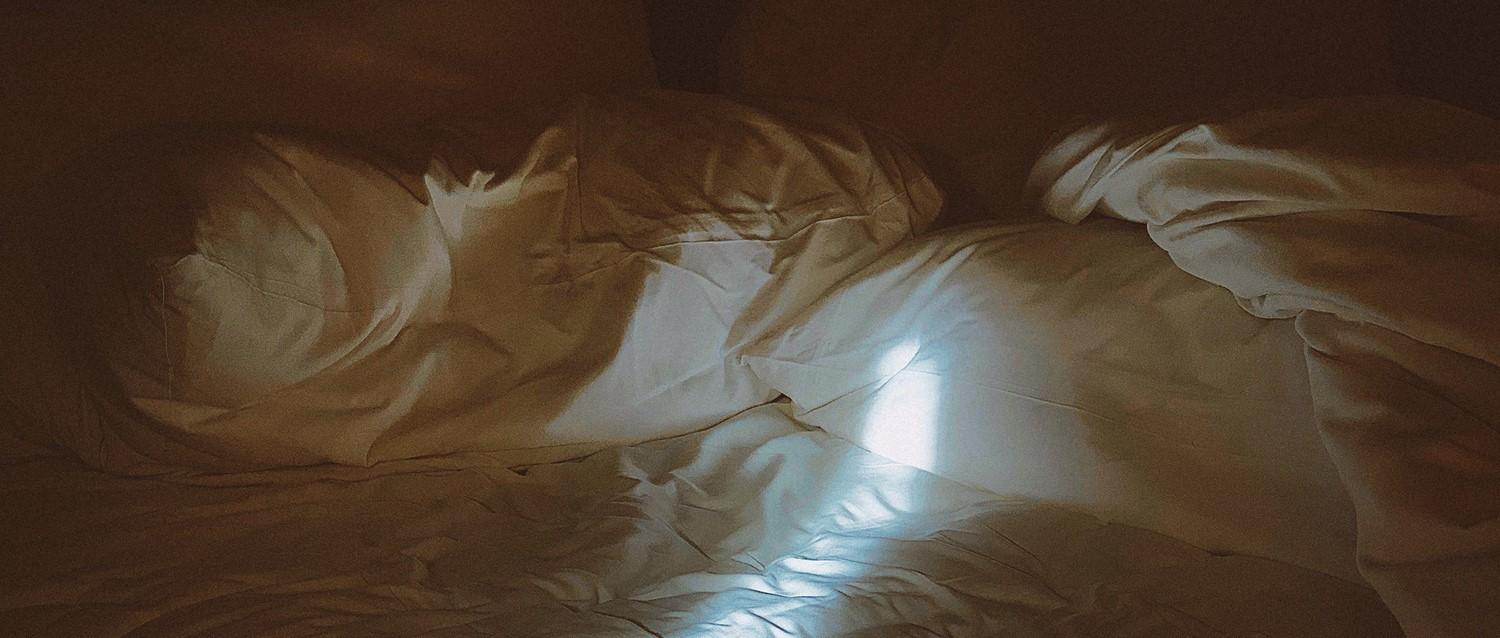Snoring
Peer reviewed by Dr Mohammad Sharif Razai, MRCGPLast updated by Dr Rosalyn Adleman, MRCGPLast updated 29 Dec 2024
Meets Patient’s editorial guidelines
- DownloadDownload
- Share
Snoring is a noise made as we breathe during our sleep. It may not cause any problems to the person who snores, but it may be so noisy that it disturbs other people sleeping. Sometimes it also interrupts the sleep of the person who snores, making them tired in the daytime.
Many lifestyle factors make snoring more likely, and can be changed. If snoring becomes a problem, there are some treatments which can help. You should consult a doctor about snoring if it is affecting your sleep, making you tired in the daytime, or upsetting other people.
In this article:
Continue reading below
What causes snoring?
Snoring is due to vibrations in the soft tissues of the upper airway as we breathe. It can happen in any part of the upper airway:
The soft palate. This is the part of the roof of your mouth which is right at the back of your mouth.
The back of your tongue.
The back of your throat. It may involve your tonsils, which are small balls of tissue on either side of the back of your throat. It may involve your uvula, which is the dangly bit of flesh which hangs in the middle of the back of your throat.
A defect in your nose can sometimes cause snoring.
Patient picks for Insomnia

Mental health
What causes sleep paralysis?
Sleep paralysis, where you wake up unable to move for a short time, is relatively common but it can be incredibly distressing. So what can you do to reduce the chances of it happening? And what can it tell you about your health?
by Elizabeth Sulis Kim

Mental health
Narcolepsy and cataplexy
Narcolepsy is a long-term (chronic) problem that affects your sleep. You feel excessively tired during the daytime but have disturbed night-time sleep. You can also have sleep attacks where you fall asleep during the day without any warning. Many people with narcolepsy also have cataplexy. This is a condition in which you have sudden loss of control over some of your muscles. Narcolepsy is usually diagnosed by monitoring you while you sleep in a special sleep laboratory. There is no cure for narcolepsy. However, various treatments are available that can help to control your symptoms. These include stimulant medicines to stop you feeling so sleepy.
by Dr Caroline Wiggins, MRCGP
Why do people snore?
Being overweight: this is the number one cause. Too much fat in your neck squashes your throat and causes snoring.
Being drunk! If you've had too much to drink before bedtime, the muscles in your neck relax and make you snore.
Taking sleeping pills can relax you too much and lead to snoring.
Having something wrong with the back of your throat, like a very low soft palate.
Smoking: this can lead to the back of your throat being a bit swollen, causing snoring.
Snoring can happen at any age, to children or adults. It is most common between the ages of 40 and 60. It is more common in men than in women. In children it's usually because their nose is a bit blocked from a cold, or because they have very big tonsils or adenoids; in adults it is more usually some weakness at the back of the throat or being overweight.
Mouth diagram

Continue reading below
What problems can snoring cause?
Generally the problem is for the person sleeping next to you.
On a serious note, some people say that snoring has led to the breakdown of their marriage.
Generally, however, snoring isn't harmful for your health.
The only exception is if you literally stop breathing for 5-10 seconds in your sleep. That is something called obstructive sleep apnoea and can be harmful.
Some people wake themselves up from snoring too loudly and so have a disturbed night, leaving them feeling tired in the morning.
Do I need any tests?
If your snoring isn't troubling you or anybody else, you do not need to see a doctor. You should see your GP if:
You wake up gasping in the night regularly (this could indicate something else wrong, like a problem with your heart).
Your partner says you stop breathing during the night. If this happens then you might have obstructive sleep apnoea).
You are feeling too tired or sleepy during the day to do the things you need to do, like work or driving safely.
Your snoring is really affecting your partner or your relationship.
Your GP will ask you some questions and examine you. They will want to check your height and weight, and examine your nose, mouth, throat and neck. Usually no tests are needed. If the snoring is really bad they may make a referral to an ear nose and throat doctor.
Continue reading below
How to stop snoring
There are lots of remedies and information sites, but not all of the advice works. Here is our guide for things that are generally accepted to work.
Snoring solutions
Lose weight if you are overweight. You've heard that one before, but getting down to a healthy weight is sometimes all you need to do to stop snoring.
Drink less alcohol, or at least try to go to bed after giving yourself enough time to sober up.
Learn to lie on your side in your sleep. Lying on your back often puts pressure on the back of your throat, causing snoring.
Devices and gadgets
Earplugs: not for you, for your partner.
Nasal dilators. These may be helpful if the snoring noise is mainly coming from your nose. It is a device placed inside the nose before going to sleep to hold the nose open.
Mandibular advancement device. There are a number of splints and shields which are made to push your lower jaw and tongue forward. You put the device in your mouth before going to sleep. It makes more space in the airway and may help if the snoring comes from the base of your tongue. These are more effective if fitted specifically for your mouth by an experienced dentist.
Chin straps. These are straps or bands you put under your chin to hold your mouth closed during the night. This is to force you to breathe through your nose rather than your mouth. This may be helpful if the snoring is coming from your mouth.
Vestibular guard. This is a plastic mouth guard. You put it in your mouth before going to sleep to close off your mouth. This forces you to breathe through your nose. This may be helpful if the snoring is coming from your mouth.
Most of these solutions cannot be prescribed but are available to buy.
Beware: there is not a great deal of scientific evidence behind most snoring treatments you can buy. Be careful not to spend too much - try weight loss and less alcohol first.
Medicines
If you have a really bad cold then a short course of a nasal decongestant spray could help. But these should only be used for a few days, otherwise they might damage the inside of your nose.
Operations
Surgery hardly ever helps for snoring, but unfortunately some people get so desperate that they will try anything. Be careful: try to get an opinion from an impartial source first, like an NHS ear, nose and throat surge on, before paying for surgery.
Operations on the nose. If you have nasal polyps, removing them may stop snoring. If the midline of your nose is crooked (nasal septum deviation) having this straightened may help (but not always).
Tonsillectomy. This is most commonly of benefit for children who snore but it also may be used in adults with large tonsils causing snoring. Usually both tonsils and adenoids are removed. The operation is not done for snoring alone, but may be useful if the large tonsils are causing other problems - for example, obstructive sleep apnoea or regular bouts of tonsillitis.
Uvulopalatopharyngoplasty (UPPP). This is an operation done with a general anaesthetic. Parts of tissue in and around the mouth and throat are removed, creating more space. This includes shortening the strip of tissue that hangs in the middle at the back of your mouth (the uvula) and making incisions in your soft palate at the back of your mouth. It can help snoring, in some cases. Recovery after the operation is often extremely painful.
Laser-assisted uvulopalatoplasty (LAUP). This is a similar procedure to UPPP but done with a laser. The laser burns away the uvula and some of the soft palate.
Radiofrequency ablation of the soft palate. This stiffens the soft palate to stop it vibrating so much. It is done with an injection to numb the roof of the mouth (a local anaesthetic). A device called an electrode is put into the roof of your mouth. Radiofrequency waves are sent into your soft palate through the electrode.
Soft palate implants. These are implants injected into your soft palate, which stiffen it. This should stop it vibrating so much. This is also done with a local anaesthetic.
Many of these surgical techniques have not been formally proven to work for snoring in the long term: although they might provide short-term relief, the snoring usually comes back. That's why some state-funded systems, like the NHS in the UK, no longer fund these snoring treatments.
Further reading and references
- Radiofrequency ablation of the soft palate for snoring; NICE Interventional Procedures Guidance, January 2014
- Stuck BA, Hofauer B; The Diagnosis and Treatment of Snoring in Adults. Dtsch Arztebl Int. 2019 Nov 29;116(48):817-824. doi: 10.3238/arztebl.2019.0817.
- Ilea A, Timus D, Hopken J, et al; Oral appliance therapy in obstructive sleep apnea and snoring - systematic review and new directions of development. Cranio. 2019 Oct 5:1-12. doi: 10.1080/08869634.2019.1673285.
- Campos AI, Garcia-Marin LM, Byrne EM, et al; Insights into the aetiology of snoring from observational and genetic investigations in the UK Biobank. Nat Commun. 2020 Feb 14;11(1):817. doi: 10.1038/s41467-020-14625-1.
Article history
The information on this page is written and peer reviewed by qualified clinicians.
Next review due: 28 Dec 2027
29 Dec 2024 | Latest version

Book a free same day online consultation
Get help with common conditions under the NHS Pharmacy First scheme.

Feeling unwell?
Assess your symptoms online for free